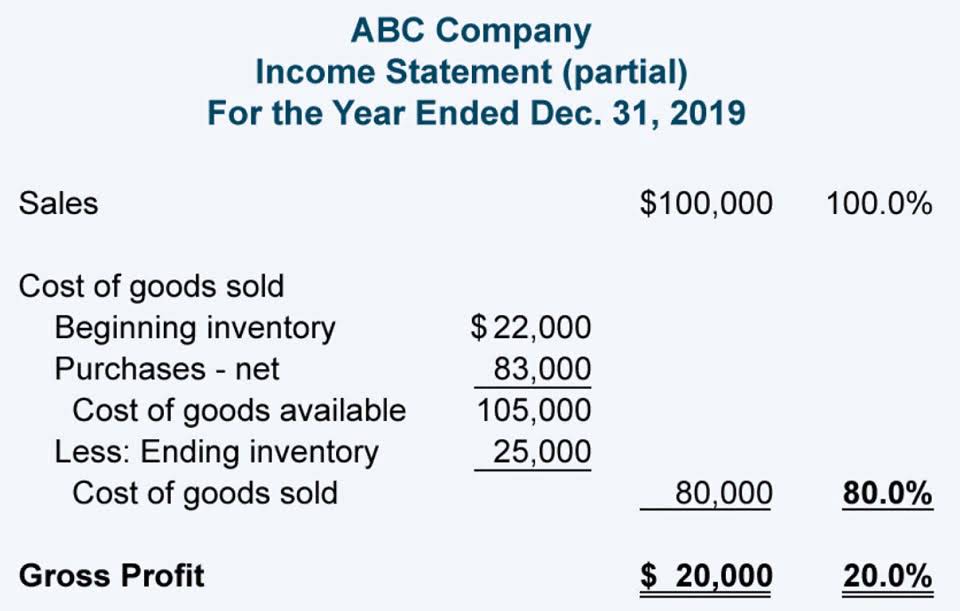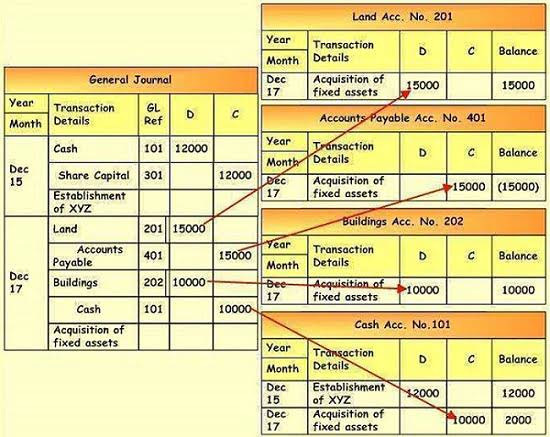
In accrual accounting, you record revenue when earned and expenses when incurred, regardless of when cash changes hands. Our intuitive software automates the busywork with powerful tools and features designed to help you simplify your financial management and make informed business decisions. Businesses that keep meticulous records are more likely to be audit-and valuation-friendly, as well as to be able to shed light on their financial health. The accounting process relies on an accurate and comprehensive general net sales ledger.
Trust Accounting FAQs
If your law firm doesn’t already have business bank accounts, it’s time to open them. Most firms will need three business bank accounts at a minimum—checking, savings, and a separate IOLTA or trust account. Without the proper business bank accounts, you risk inaccurate bookkeeping, messy records, and potential compliance violations regarding trust funds. By using sound bookkeeping practices to keep accurate records and consistently review the firm’s financial statements on a monthly or weekly basis, you’ll see your firm’s true financial Oil And Gas Accounting picture. Committing to accounting for law firms will allow you to be better equipped to identify growth opportunities. In the complex and highly regulated world of legal finance, mastering the general ledger is essential for law firms to thrive.

Accounting terms you need to know
- Each transaction is accurately recorded and balanced, preventing errors that can throw off the entire ledger balance.
- It is possible to jeopardize the integrity of the ledger due to mistyped figures, missing entries, or incorrectly categorized transactions.
- Each transaction gets recorded as a debit and a credit to the relevant accounts.
- Income accounts may include legal fees and consultation charges, while expense accounts could cover office supplies, rent, and salaries.
- You may think of the income statement as a combination of the revenue and expense accounts.
Billing errors or mismanagement of client funds can violate ethical standards and lead to serious legal consequences. Firms should ensure their billing practices comply with legal ethics rules to prevent this. Additionally, double-checking expense tracking related to client matters is essential for maintaining professional standards. Failure to track cash flow can lead to liquidity issues, jeopardizing the firm’s ability to meet its obligations. To avoid this, law firms should implement a cash flow management strategy, ensuring they maintain sufficient liquidity to cover expenses and obligations promptly. Delaying account reconciliations can prevent errors from being noticed, potentially leading to significant discrepancies.
Will MyCase notify me when trust account balances are low?
You can set up a ledger in a legal practice management platform, or you can use Excel or accounting software like QuickBooks. Tabs3 is a cloud-based accounting software and it focuses on trust account management. It offers a comprehensive solution for managing trust funds, ensuring compliance with legal regulations, and streamlining financial processes. PCLaw’s been around the legal tech block — and it shows (in a good way).

Tools like LeanLaw or PCLaw specialize in trust/IOLTA compliance, client billing, and law-specific financial reporting. Loved by millions (literally), this all-in-one legal accounting software is built for small law firm general ledger accounts firms that want intuitive tools without sacrificing power. The best legal accounting software helps you stay compliant, get paid faster, and finally understand where your money’s going.

Compliance and Regulatory Requirements

What makes these inaccuracies even harder to catch is the potential for compensating errors. These are errors that unintentionally offset each other, masking the underlying mistake. For example, a mistake resulting in an understatement of $1,000 in accounts payable could be offset by another mistake resulting in a $1,000 overstatement in revenues. Since the company’s balance sheet is still accurate, the two compensating errors could easily be missed altogether. A firm’s billing and collection realization rate measures its percentage of billable hours that are actually invoiced to clients (billing realization) and collected (collection realization). It provides valuable insight into how much of your work is actually being transformed into revenue.
- Streamline your law firm’s accounting and ensure compliance effortlessly with MyCase.
- It should not be used to represent or replace legal, business, or tax advice.
- A key indicator of a company’s health, it reveals how much money is being made by the enterprise from its core operations.
- Often your accountant will want to see accounts receivable and accounts payable.
- In today’s competitive legal world, robust financial tools are key to success.
For instance, you can impose requirements for signed invoices or other approved documentation before making withdrawals or deposits. Having too many accounts creates headaches later on, as it takes more time to review the books and increases your chances of making mistakes. Get free guides, articles, tools and calculators to help you navigate the financial side of your business with ease.
